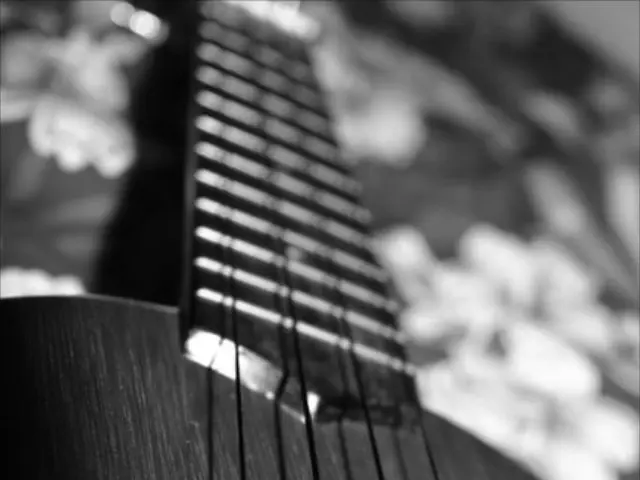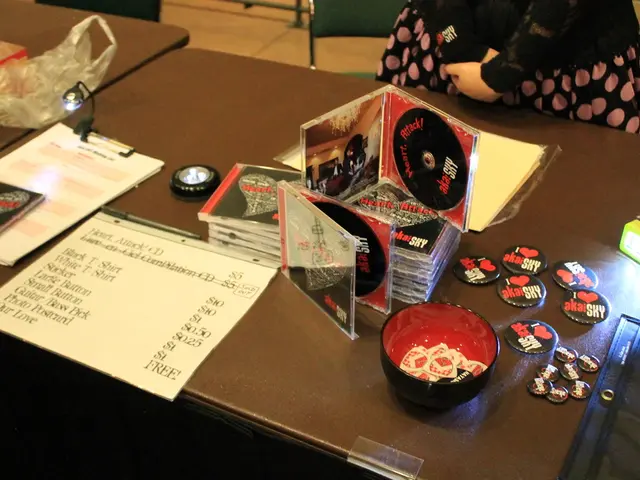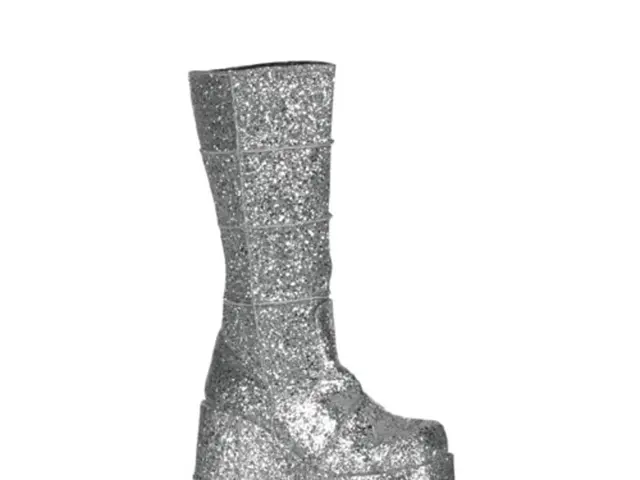Unveiling Studio Secrets: Learn the Ideal Microphone for Vocal Recordings
In the realm of professional vocal recording, condenser microphones stand out for their ability to capture detailed and nuanced sounds. Here are some of the best condenser microphones for studio vocals that offer exceptional sound quality and versatility.
**1. Neumann U 89 i**
The Neumann U 89 i is a large diaphragm, pressure gradient design microphone with a wide frequency range of 20 Hz to 20 kHz. It boasts five polar patterns, including cardioid, wide cardioid, omnidirectional, figure-8, and hypercardioid, making it a versatile choice for various recording situations. Its clear and smooth performance handles deep lows and sharp highs with ease, and it can handle loud sounds up to 140 dB SPL with a pad. Suitable for both music and voice projects, this microphone is an ideal choice for studio settings where versatility is essential.
**2. Rode NT1-A**
The Rode NT1-A is a condenser microphone with an extremely low self-noise, well-focussed sound, and detailed reproduction. It comes with a shock mount and pop filter, making it a complete package for studio recordings. Offering detail and airiness, this microphone handles loud volumes with a max SPL of 137 dB. It is excellent for doubling tracks due to its low self-noise, making it a great choice for rap vocals and any studio application where a clear, detailed sound is desired. However, its bright sonic signature may accentuate sibilance.
**3. Audio-Technica AT2020**
The Audio-Technica AT2020 is a cardioid polar pattern condenser microphone with a frequency response of 20 Hz to 20 kHz. It offers great sound quality suitable for dynamic vocal takes. Its affordability makes it an ideal choice for home studios and beginners. However, it may require a pop filter, and it is sensitive to ambient noises.
**4. AKG C414 XLII**
The AKG C414 XLII is a large diaphragm condenser microphone with multiple polar patterns (nine) and a wide frequency response, making it an adaptable choice for various recording situations. Its versatility makes it suitable for both vocals and instruments. This microphone is often used in professional studios for its adaptability and sound quality.
When choosing a microphone for studio vocal recordings, focus on sound quality, compatibility with your setup, and sensitivity to the human voice. For a controlled environment like a home studio, look for microphones that perform well in less controlled environments, such as those with cardioid patterns which capture less ambient noise. The AKG C214 and others like it are favored for their performance in diverse settings.
In conclusion, these condenser microphones are renowned for their ability to capture high-quality audio with detailed and nuanced sound, making them ideal for recording vocals in a studio environment. Choose a microphone that delivers clear audio with minimal handling noise, offering both reliability and durability to elevate your vocal recordings.
- A home studio setup can be bolstered with the addition of a Neumann U 89 i, a versatile large diaphragm microphone with five polar patterns, suitable for both music and voice projects.
- For vocal recordings that demand exceptional sound quality and a detailed reproduction, the Rode NT1-A, with its well-focused sound and low self-noise, is an exceptional choice.
- An affordable option for beginners or home studios is the Audio-Technica AT2020, a cardioid polar pattern condenser microphone, offering great sound quality for dynamic vocal takes.
- The AKG C414 XLII, with nine polar patterns and a wide frequency response, provides versatility that makes it suitable for recording both vocals and instruments in professional studios.
- When choosing a microphone for studio vocal recordings, focus on sound quality, its compatibility with your equipment, and its sensitivity to the human voice – microphones like the AKG C214, for instance, are favored for their performance in diverse settings.
- To elevate your vocal recordings, consider microphones known for delivering clear audio with minimal handling noise, such as those mentioned above, to ensure a level of reliability and durability in your music production equipment lineup, including devices like audio interfaces, pianos, guitars, and various technology gadgets essential to audio production.







